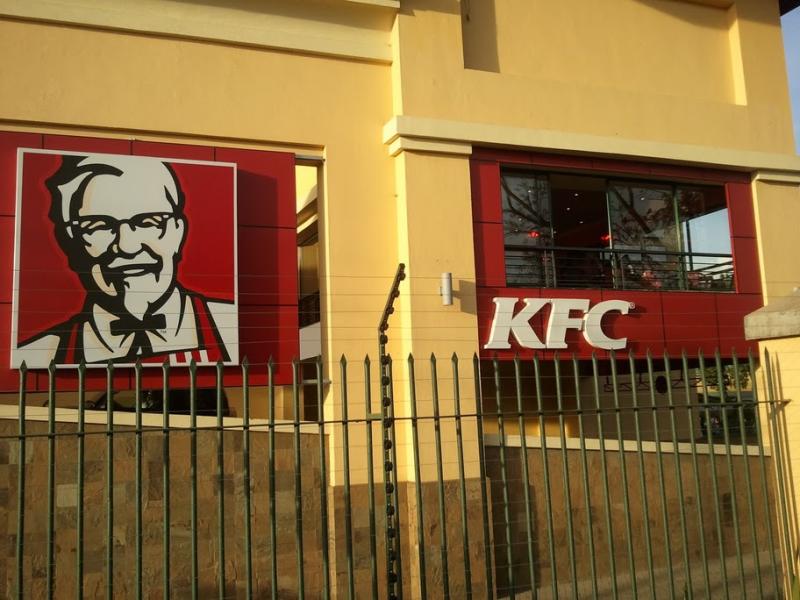×
The Standard e-Paper
Join Thousands Daily

One of the Kentucky Fried Chicken joints [Courtesy]
Lack of a legal framework is the main reason why US fast-food company KFC continues to import potatoes from Egypt and South Africa.